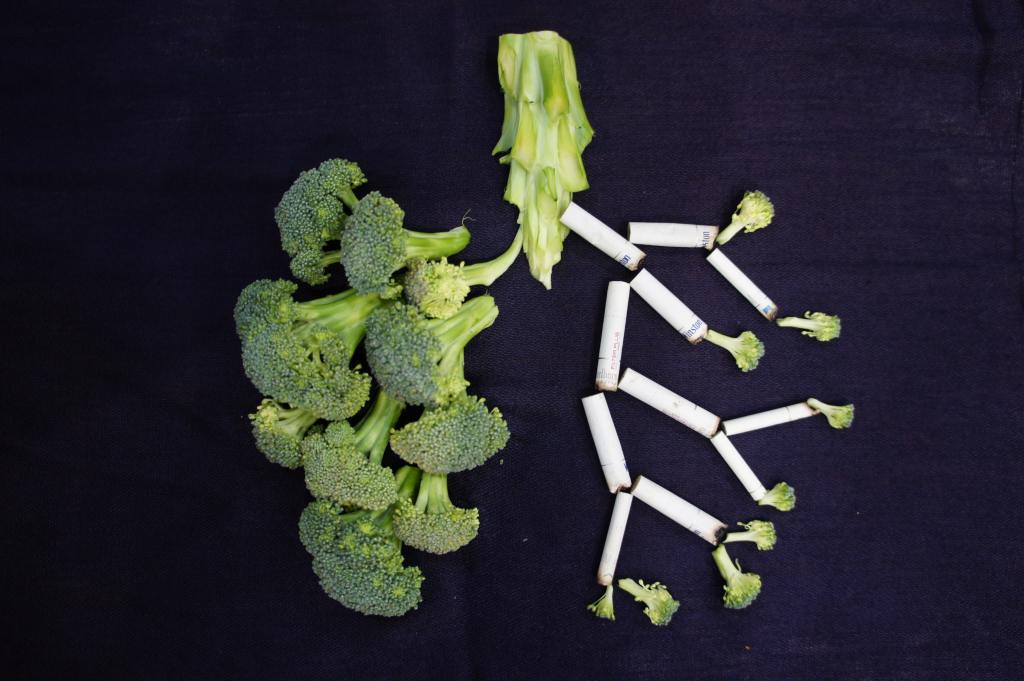Of Living and Dying
May 31, 2022 Leave a comment
Photo by Sara Bakhshi on Unsplash
“Why will ye die?” So asked the ancient prophet of the Jews, Jeremiah, of his unwise king, Zedekiah (Jeremiah 27:13). God knew what Zedekiah knew but what the king did not want to believe, that the Babylonians were ready and able to conquer all the lands about them. Since Zedekiah and his people had chosen evil and rejected the Lord, the Lord could not help them. So, through His prophet, the Lord gave Zedekiah the next best advice: do not fight the Babylonians, but submit to them and live.
Zedekiah rejected the Lord’s counsel again, and so he died, blinded physically as much as he had blinded himself spiritually. Jerusalem was captured and laid waste, its walls leveled. The Temple of the Lord, built by Solomon, was destroyed. Most of the people were transported captive to Babylon.
To the people of the Jews in captivity, the Lord asked the question by another prophet, Ezekiel. “As I live, saith the Lord God, I have no pleasure in the death of the wicked . . . turn ye from your evil ways; for why will ye die?” (Ezekiel 33:11)
In ancient America, to a people once free and prosperous, but whose social corruption put their government in the hands of gang leaders, the Lord again by His prophet asked, “Why will ye die?” The prophet, Nephi, diagnosed their malady: “ye have set your hearts upon riches and the vain things of this world, for which ye do murder, and plunder, and steal, and bear false witness against your neighbor, and do all manner of iniquity.” (Helaman 7:17, 21)
The Lord did not want them poor, having blessed them with prosperity, material and spiritual. Yet they turned their focus to the perishable things of the world, its vanities, turning against each other in a spiral of death and destruction instead of triumph of kindness and life.
Now, in more modern times—and we always live in modern times—the Lord has both blessed and warned us. In the summer of 1859, the Lord’s prophet, Brigham Young, warned that, “The Lord will sift the people, and the time is not far distant when he will sift the nations with a sieve of vanity, and the time is at your doors when he will hold a controversy with the nations and will plead with all flesh, and it will be known who is for God, and who is not. (Brigham Young, July 31, 1859, Journal of Discourses, Vol.7, p.204). It was not a new prophetic warning, but it was one about to be fulfilled, which sifting began within two years of the prophet’s words.
The Lord frequently cautions and invites us to life. His prophet of today, Russell M. Nelson, recently reminded that God is not a God of contention. He called for us to be followers of Christ, “the Prince of Peace. Now more than ever, we need the peace only He can bring. How can we expect peace to exist in the world when we are not individually seeking peace and harmony?” The prophet encouraged us to build momentum in personally doing good, in laying aside contention. “None of us can control nations or the actions of others . . . But we can control ourselves.”
The sifting of the world with a sieve of vanity is on. We see it. Let the sieve sift out the vanity, as we focus on the stuff of life that Christ offers to us. In the words of the ancient American prophet-king Benjamin, in his last address, “I would desire that ye should consider on the blessed and happy state of those that keep the commandments of God. For behold, they are blessed in all things, both temporal and spiritual . . .” (Mosiah 2:41) Otherwise, why will ye die?

